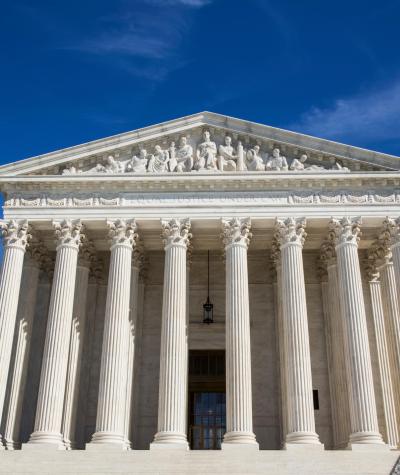On July 1, 2021, the U.S. Supreme Court upheld two Arizona policies that make it harder for Latino, Native American and Black voters to vote. The decision establishes strict guideposts to assess challenges to election law in the future, making it more difficult to bring challenges to discriminatory voting laws under Section 2 of the Voting Rights Act (VRA).
In a setback for voters, the U.S. Supreme Court decided to let discriminatory voting policies in Arizona stand. This decision will not simply make it more difficult for people to vote in Arizona. It makes it more difficult – but not impossible – to protect voters from discrimination under the VRA nationally.
Campaign Legal Center (CLC) filed a brief in Brnovich v. Democratic National Committee on Jan. 20, 2021.
The fact that the legal landscape for voters continues to erode reinforces how important it is for Congress to strengthen national protections against discriminatory policies. Passing the For the People Act and the John Lewis Voting Rights Advancement Act has never been more urgent.
